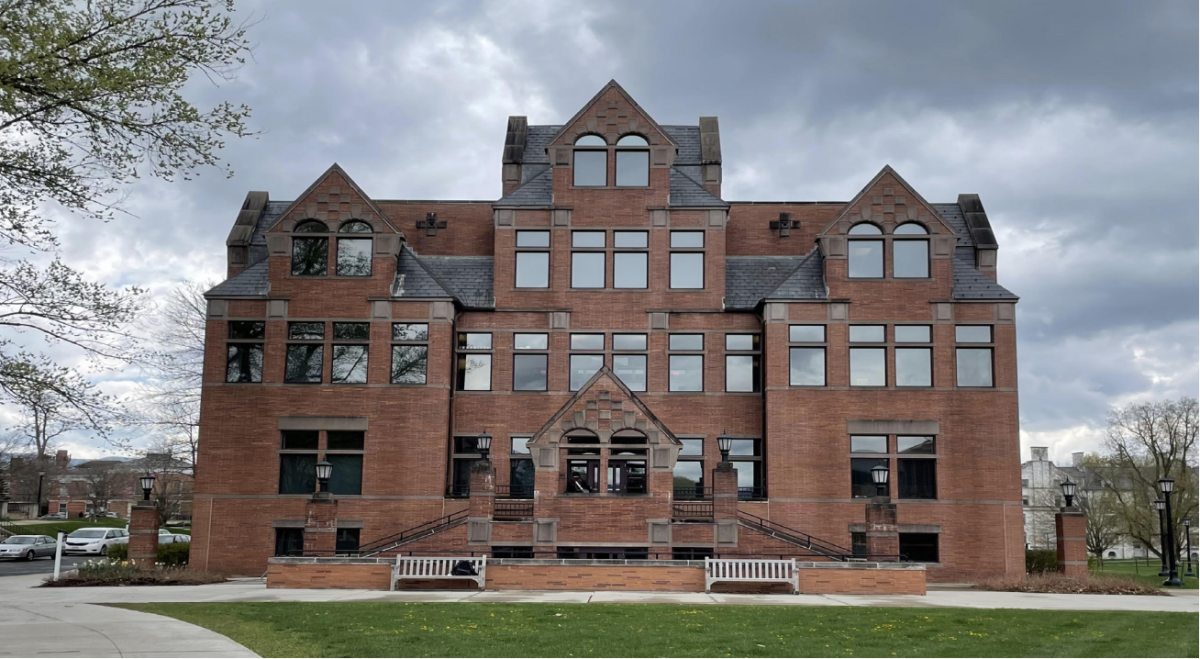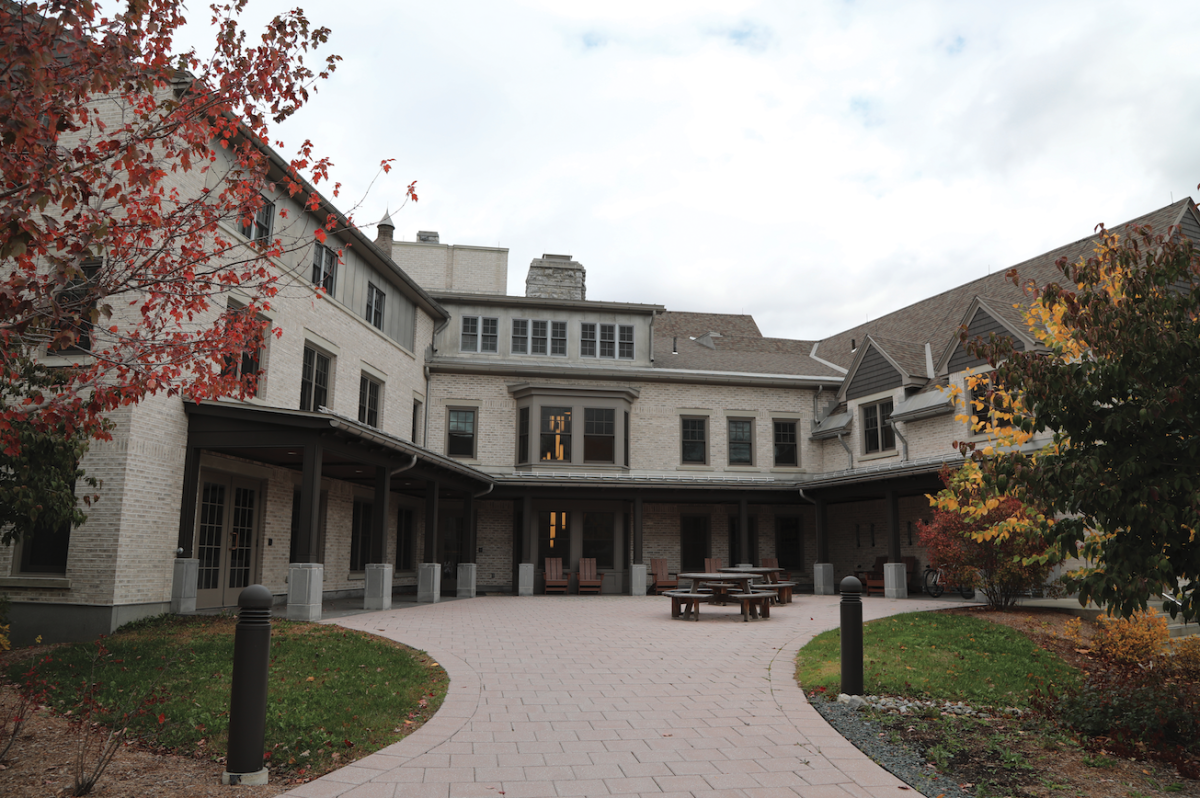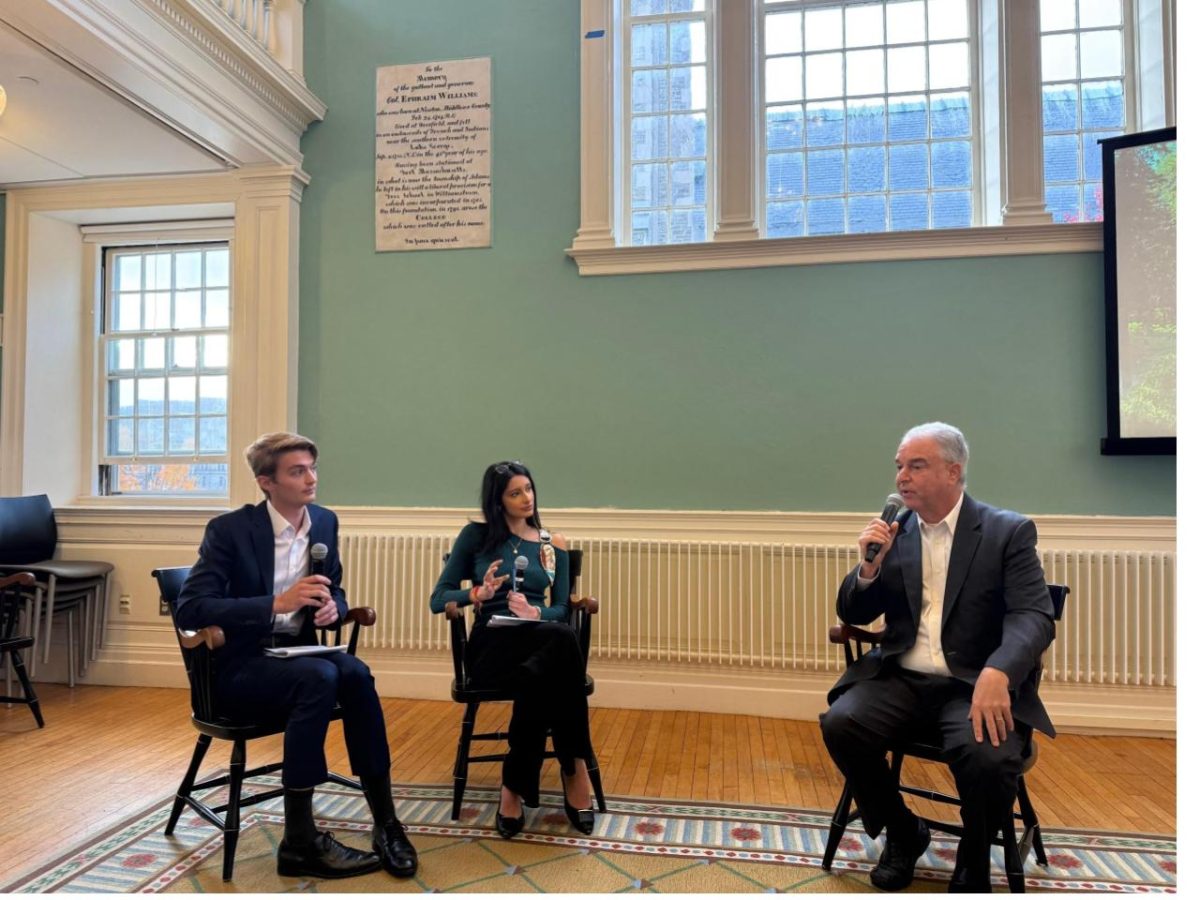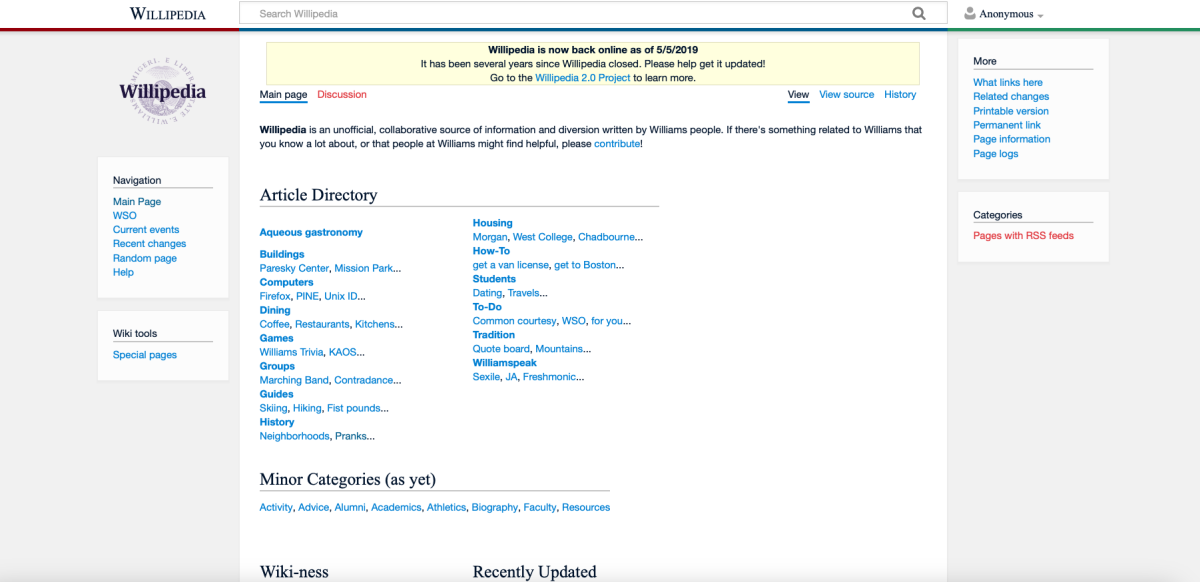For the first time since the beginning of the COVID-19 pandemic, the College will not require students, faculty, and staff to self-report positive cases. Free COVID tests will remain available for symptomatic students in the Health Center, though the College will no longer distribute tests to faculty and staff.
In a June 22 all-campus email, Chief Communications Officer Jim Reische announced that the College would no longer require faculty and staff to report their COVID test results but expected students to inform the College about positive cases.
In an interview with the Record, Reische explained that the College’s senior staff based the new fall protocols on federal policies and case counts, as well as dialogue with peer institutions. “The public health emergency had ended on a federal basis, case counts were going down, and COVID was becoming more endemic than an epidemic,” he said. The College’s website said that it is “shift[ing] out of crisis mode and grudgingly accept[ing] the fact that COVID’s here to stay.”
The College discontinued its surveillance testing protocol last September in favor of mandatory testing for symptomatic students only. According to Director of Medical Services Keri Noel, the College now provides antigen tests to symptomatic students upon request and monitors known student COVID cases through its electronic health record system, which tracks self-reported cases and those diagnosed at the Health Center.
“Known positive cases are being monitored as best able; however, a person with positive COVID is no longer required to report their positive test result,” Noel wrote to the Record.
Although the College acknowledged a “recent uptick in cases” on its COVID-19 webpage, it declined to share the current number of students with active COVID cases with the Record, citing privacy concerns. “We generally can’t share healthcare data when the population size is so small that individual cases would become identifiable,” Reische wrote in an email to the Record.
“COVID is still circulating through communities at large and this does not exclude Williams,” Noel wrote to the Record. “The number of COVID cases we are seeing is a reasonable number given both the regional prevalence of COVID and the diverse population we serve which involves travel from all over the world to return to campus.”
Although the prevalence of COVID remains low in Williamstown compared to last fall, incidence rates have risen steadily in recent weeks. The most recent data made available by the Massachusetts Department of Health indicates a 14-day average daily incidence rate of 6.7 per 100,000 residents, up from a rate of 2.9 per 100,000 residents at the end of August. In Berkshire County, according to the Centers for Disease Control (CDC), there was an 8.3 percent increase in hospital admissions from the week prior. Still, compared to nationwide levels of hospital admissions, the CDC deems these levels of hospital admissions low.
“The current variant seems to be highly transmissible but not highly potent,” Reische said. “We may see a fair number of cases around campus, but it might not be cause for alarm.” He emphasized that the College’s COVID policies are malleable and could change in response to indicators that a COVID variant has become severe, such as an uptick in hospitalizations.
Although the College ended its vaccination requirement on July 1, Noel commended the College’s “extremely high vaccination rate,” adding that it might prevent more severe case outcomes.
Last year, Paresky Center’s mailroom was the primary distribution point for students who wished to obtain rapid antigen tests. The College now offers tests at the Health Center to students experiencing symptoms — a change over which some students expressed concern.
Sari Klainberg ’25, a Junior Advisor for Sage 1, said the Health Center denied her request for a stock of rapid tests for first-year students in her entry. Anticipating that the Health Center’s location would be a deterrent for first-years in her entry to obtain rapid tests, she intended to obtain a supply for them herself. “There are many valid reasons why that can be hard for you to do, but that’s augmented when you are new to this campus,” she said. “Making those phone calls [or] walking to the Health Center when you don’t know where it is — especially when you’re sick — is just that much harder.”
Since the Department of Health and Human Services declared the end of the national COVID Public Health Emergency last May, some federal services, like the distribution of free rapid tests, ended with it. After BlueCross BlueShield — the College’s health insurance provider for its employees — stopped providing free tests, the College followed suit and ended its provision of free rapid tests to employees.
“At that point, we felt like it was appropriate for us to go to a model where employees could purchase their own if they needed them,” Reische said. “Employees can use their HSA [Health Savings Account] to get them pre-tax, [which] is a little bit cheaper. We’re out of the kind of emergency mode where we felt like we needed to address it.”















